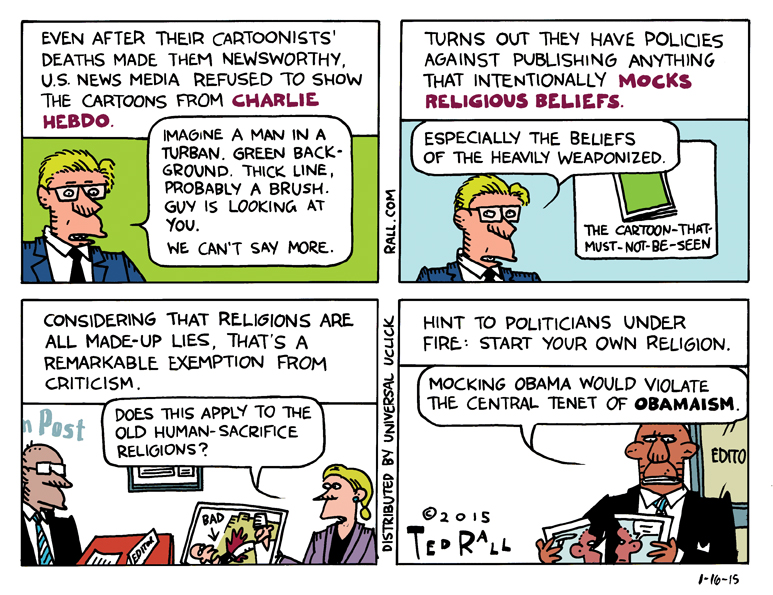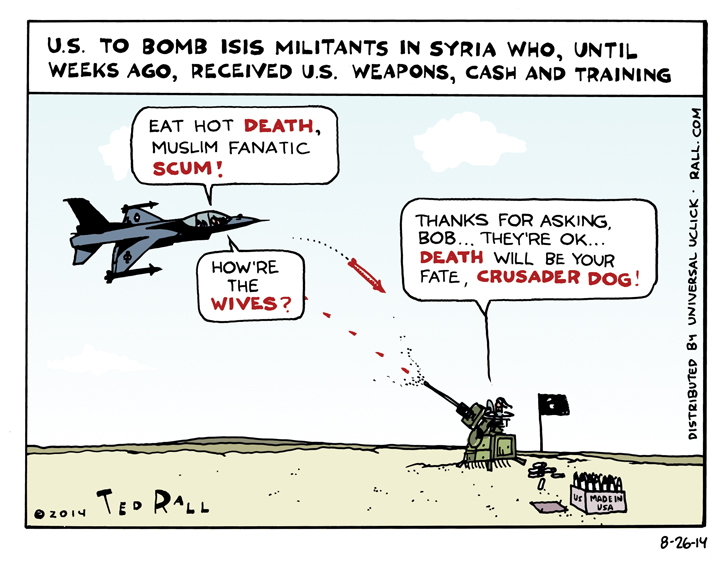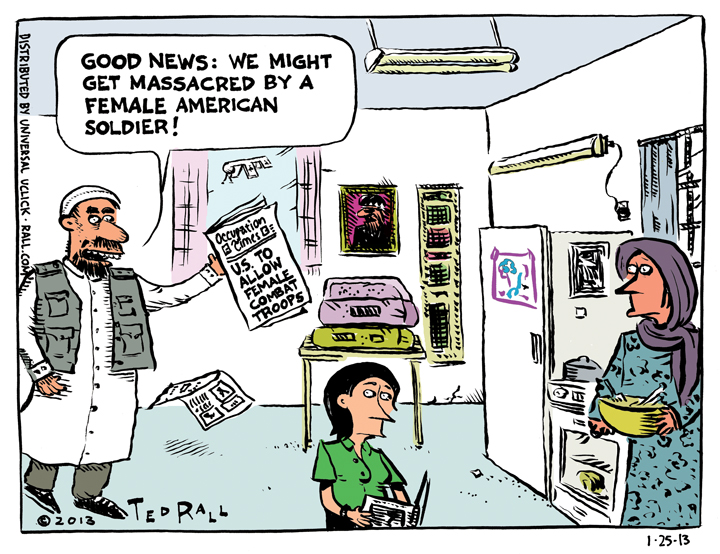
War, many people believe, often results from cultural differences and misunderstandings. President Trump’s assassination of General Qassem Suleimeni has Americans considering the possibility that we may soon add Iran to our list of unwinnable wars in the Middle East. As that calculus unfolds, no one questions the assumption that there are irreconcilable differences between our two peoples that can only be worked out via more bloodshed.
Nothing could be further than the truth. No other people in the world are more temperamentally similar to Americans than Iranians. Certainly, the Iranians’ religion is different. So is their language. But we are a lot more like them than most Americans, and that includes members of the news media, assume.
The problem is, very few Americans have been to Iran. The absence of diplomatic relations following the 1979 Islamic revolution and the ensuing hostage crisis that brought down Jimmy Carter’s presidency, coupled with trade sanctions that prohibit American airlines from providing direct air service make it all but impossible for the most intrepid of travelers to get inside the country and see what’s going on for themselves.
I’m not an expert on Iran. But this seems like an appropriate time to share what I learned nine years ago when I visited that country.
As I said, getting in wasn’t easy. I paid numerous visits to the closest thing Iran has to a consulate in New York, Iran’s Mission to the United Nations, to little avail. Ultimately I shelled out a $5700 “arrangement fee” (some would call it a bribe) to a Washington D.C.-based agency that worked through the Iranian Interests section of the Pakistani embassy there to secure visas for myself and two fellow cartoonists.
The main purpose of our trip was travel through Afghanistan for a book I was writing. Since our itinerary through that war-torn country would end with the Afghan city of Herat near the Iranian border, we wanted to leave via Iran after some tourism and rest and relaxation.
You can get an idea of how unusual our plan was from the incredulous reaction of the Afghan border policeman who greeted us after we crossed the border from Tajikistan. “Point of exit?” he asked. When we told him Iran, he laughed. “You are American! There is no way,” he replied. When he showed our Iranian visas to his colleagues, they couldn’t believe their eyes. “How did you get these?” they wanted to know.
Several weeks later, we walked across the border between northwestern Afghanistan and northeastern Iran. It seemed incredibly simple. We were already stamped in and on the curb outside the customs office waiting for a taxi when three bemused agents of Iran’s feared Ettela intelligence service tapped us on our shoulders and invited us into separate interrogation rooms. They grilled us for hours. Before they released us my agent asked me: “Do you know why we questioned you so diligently?” I didn’t. “You three,” he replied, “are the first Americans to cross this border since 1979.” I don’t know if that’s true. Clearly we were rare birds.
The first thing that struck me, especially compared to the bleak devastation of Afghanistan, was how modern Iran was, even in this remote corner of the nation. Americans have an impression of the Middle East as a bunch of dusty pockmarked ruins and sand, but Iran looked and felt like Turkey or Israel in terms of its terrain and infrastructure. The second was how nice everyone was, even/especially after learning we were American.
As required by the government, we had arranged for a travel agent to meet us and shepherd us around. He was a nice guy even though he liked to scam our money; we kept being put up in two-star hotels after we paid him for four.
From the start, Iran wasn’t what we assumed. On the train ride to Mashhad, our fixer disappeared for about an hour. Upon his return he apologized and explained that he had picked up a woman who had taken him to her cabin for a quickie. His promiscuity wasn’t unusual. We were repeatedly flirted with or propositioned by women. The desk clerks at our hotel asked our fixer about our long beards, which we had grown out in order to blend in in rural Afghanistan. “Are your friends fanatics?” they wanted to know. “Would they spend the night with us?”
Along with our beards we had acquired the traditional shalwar kameez white robes worn by conservative Afghans. Our fixer suggested we had a unique opportunity to smuggle ourselves into the haram (forbidden) section of the Imam Reza shrine so we could check out the stunning Timurid architecture. If anyone talked to us, our fixer advised, pretend not to understand them. Muslims come from all over the world to pray there so we could pretend to speak a different language. Worshipers circled the tomb of the 9th century Shia martyr Ali al-Ridha seemingly in a trance but, whenever someone spent too long in the center an attendant lightly dipped a pink feather duster strung from a pole onto the offender to ask him to move on.
Two incidents stood out for me.
At our hotel in Tehran we overheard a European couple complaining to the desk clerks that they had been mugged or pickpocketed, I don’t remember which, the night before. They had been robbed of €1200. The clerks repeatedly entreated them to report the loss to the police but the Europeans were understandably hesitant. The next day I encountered the pair in the elevator. “You won’t believe what happened,” the wife told me. “We went to the police and they gave us €1200.” There was a law that foreign tourists had to be made whole if they suffered a financial loss due to crime. Iranians we talked to were surprised that it wasn’t the same in the West.
We flew from Tehran to Istanbul. At our last security checkpoint in Iran airport security personnel ordered us to remove our baggage from the conveyor belt leading to the x-ray machine. Great, I thought, we’re going to be detained. “You are guests in our country,” the equivalent of the TSA guy advised us. “It would be rude to subject you to a search.” We were Americans, citizens of the Great Satan, at Ayatollah Khomeini International Airport!
Not everything was sweetness and light.
There was always a sense of tension that comes with knowing that law-breaking could come with grave consequences. For the most part, however, we followed the rules. Most of the people we saw obeyed them too, but just barely. Many women wore the tightfitting manteau and barely covered their hair.
When our Turkish Airlines flight lifted up from Tehran, many of the women on board dumped their chadors, revealing skin and sexy outfits and makeup. People smiled. Flight attendants began serving beer. This is what Iran would feel like if Iran’s government, which is not popular, were to go away tomorrow.
Trump’s latest actions and America’s myopic foreign policy, however, ensure that the religious government will probably remain in place for the foreseeable future.
So does the fact that very few Americans have gotten to know Iran.
(Ted Rall (Twitter: @tedrall), the political cartoonist, columnist and graphic novelist, is the author of “Francis: The People’s Pope.” You can support Ted’s hard-hitting political cartoons and columns and see his work first by sponsoring his work on Patreon.)







